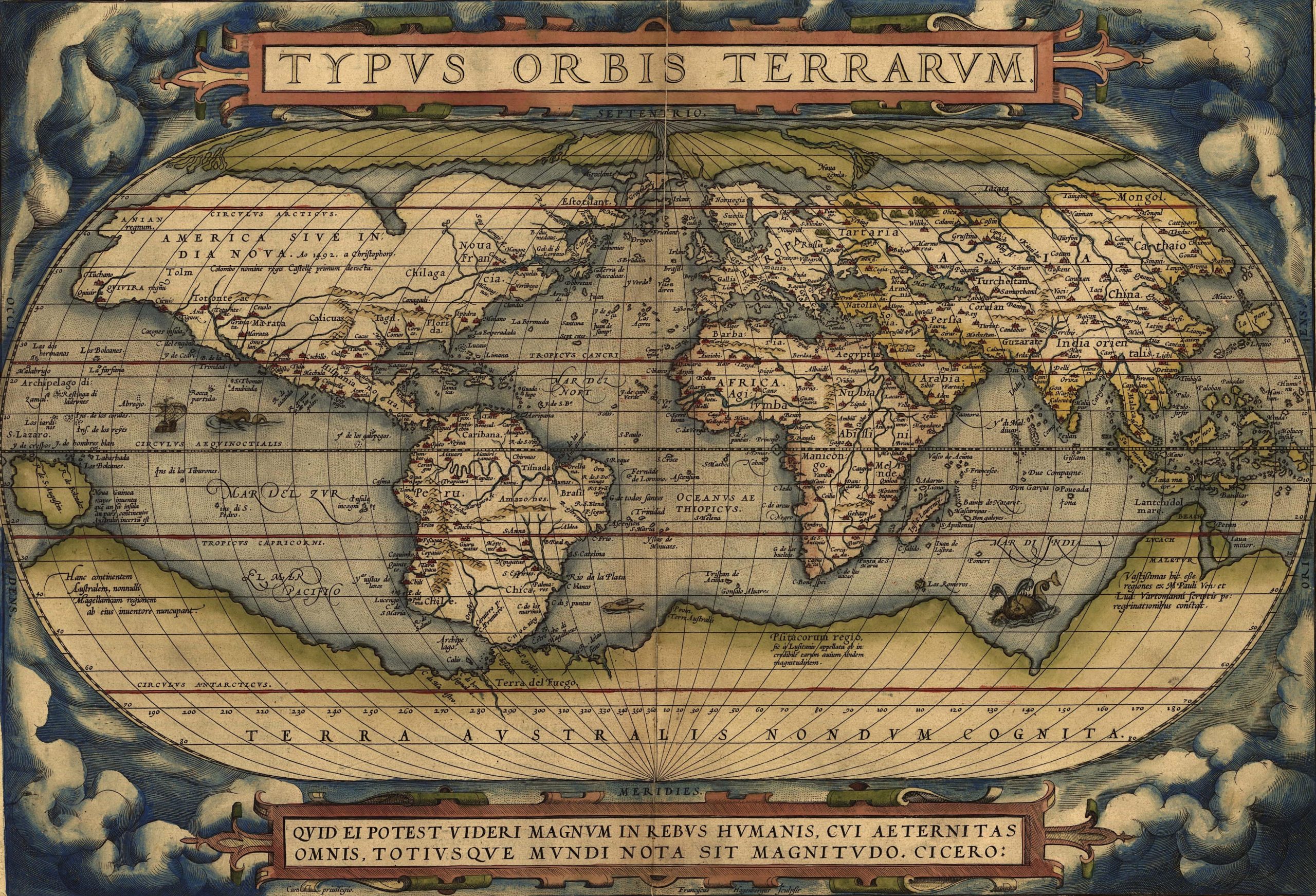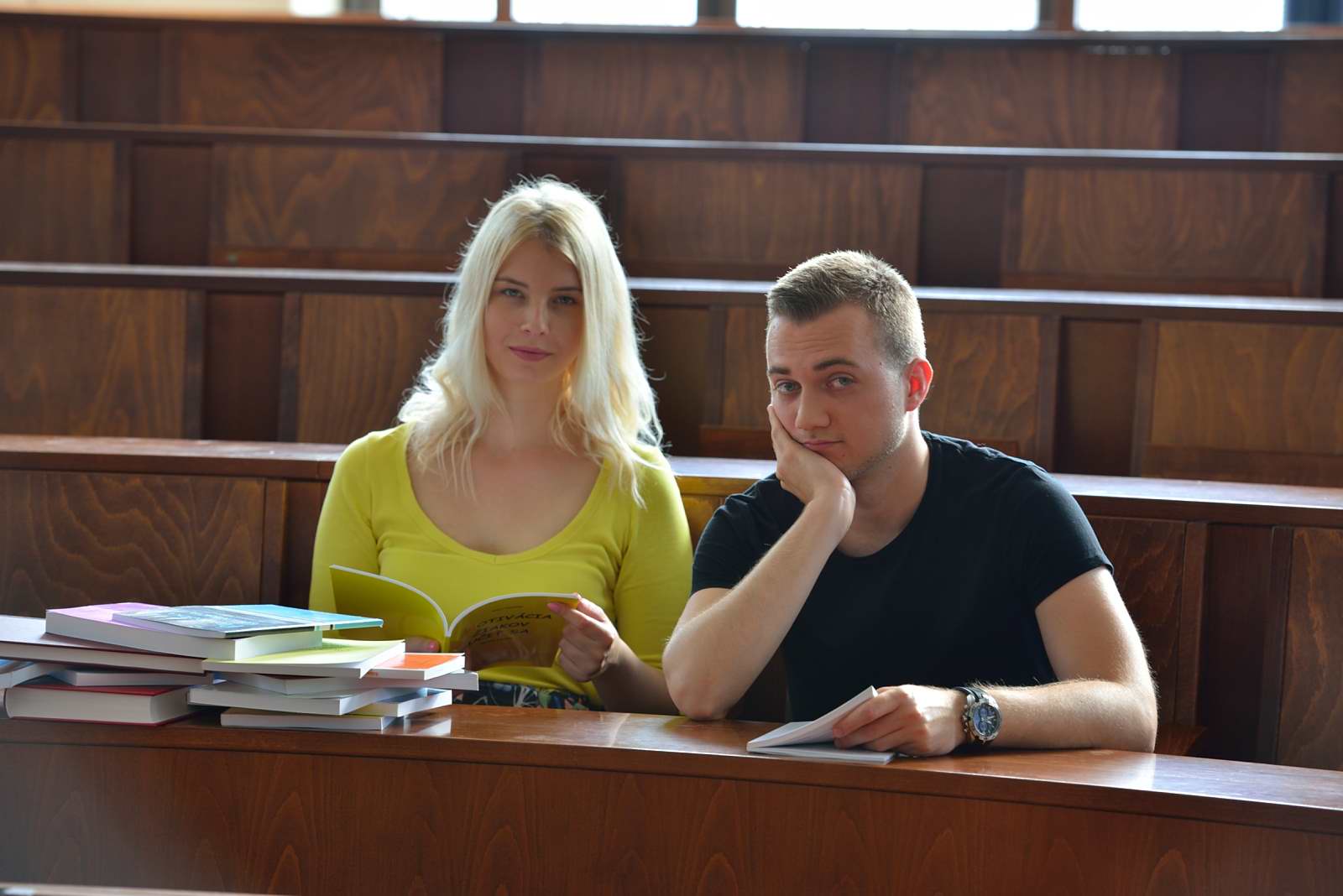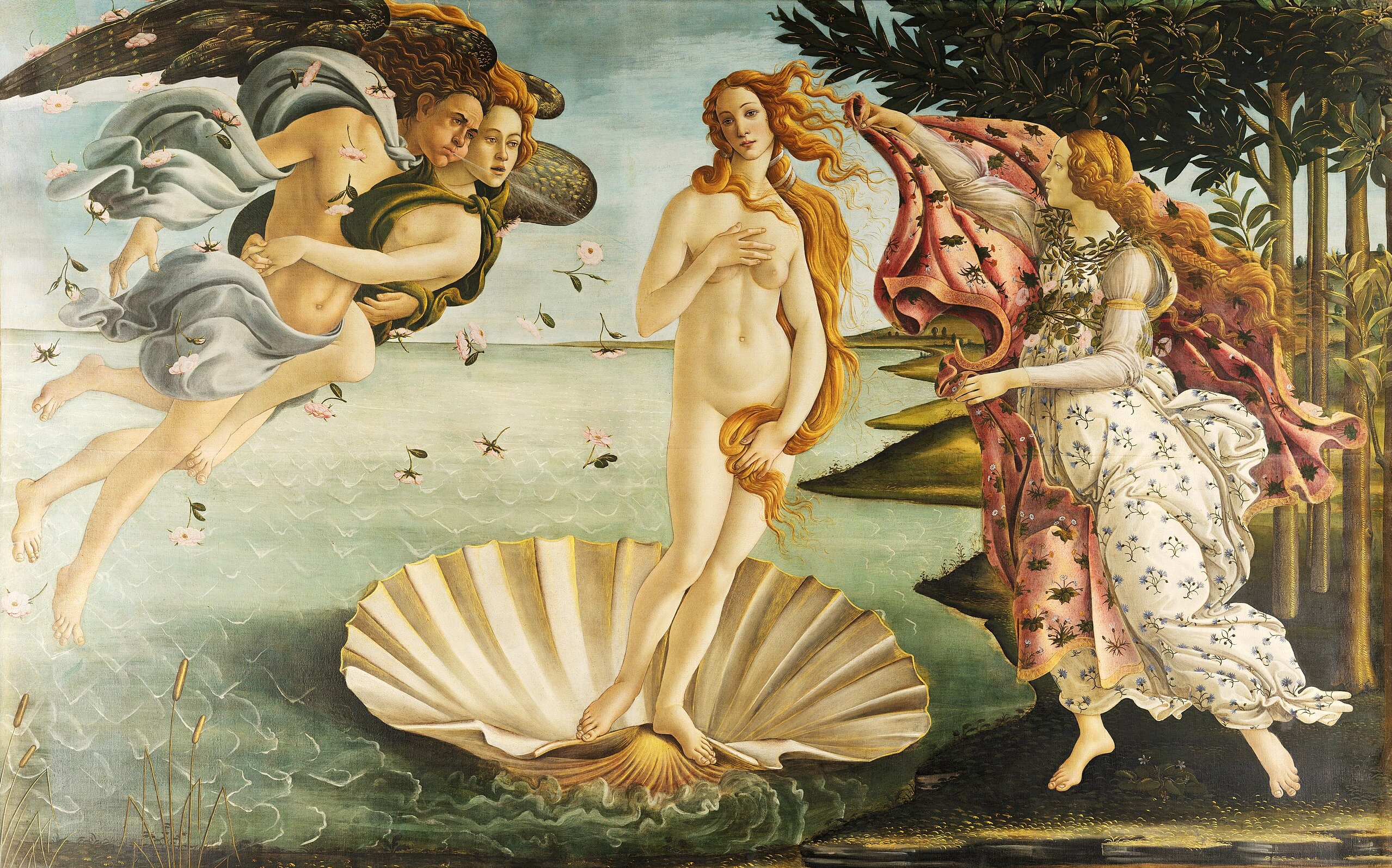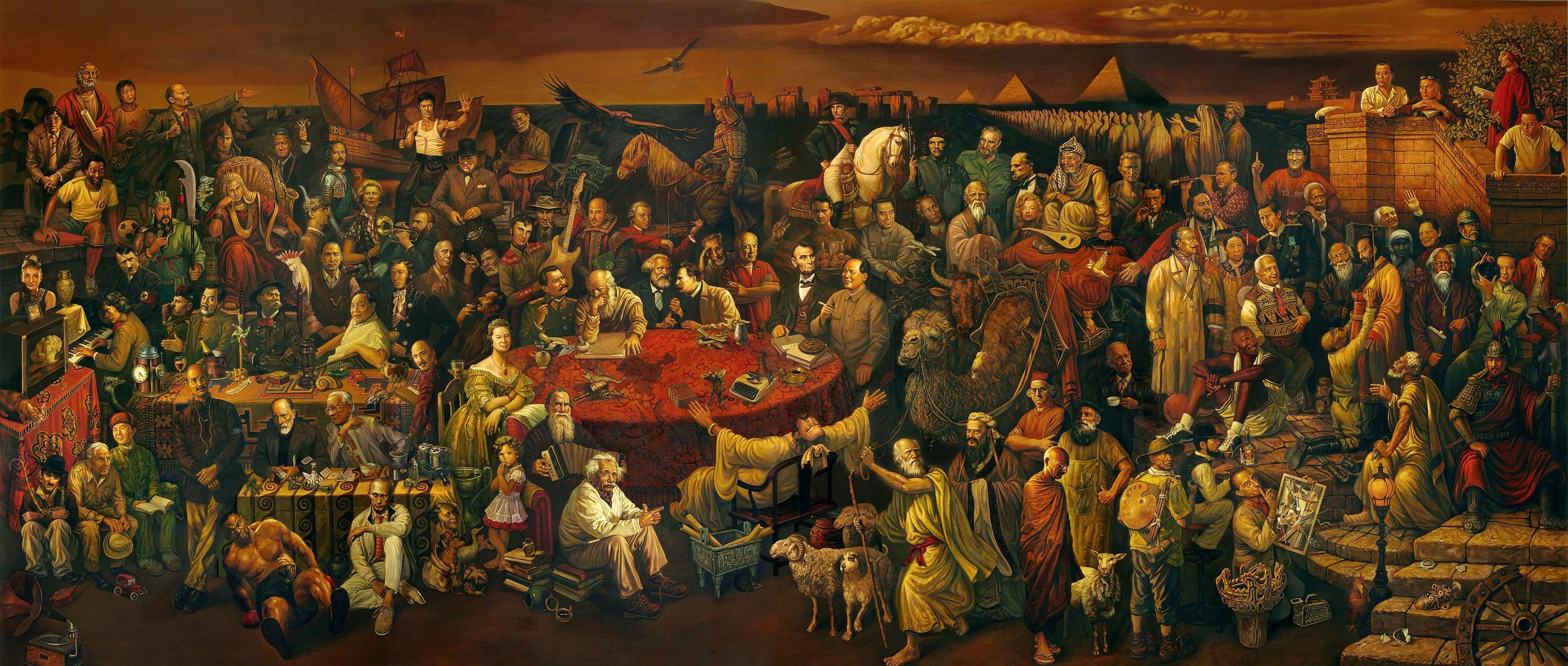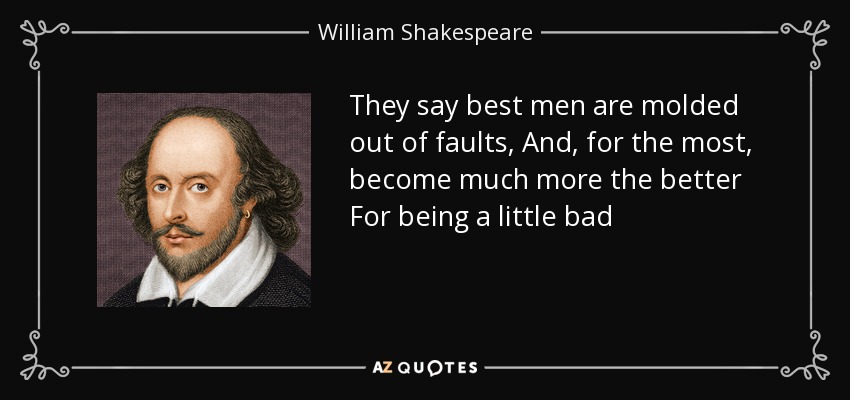— HalilMrT – Official (@HalilMrT4Real) January 30, 2026
“Hedwig’s Theme” from Harry Potter played on the university carillon
print(“TGIF”)@northerniowahttps://t.co/UrPWnZavbG pic.twitter.com/tuZD07OOFn— Standards Michigan (@StandardsMich) November 4, 2022
“Post the one about how you ‘made it to Friday’ again” pic.twitter.com/Yx39SIIovt
— ol’ stocky ⛳️ (@oldstocky) November 21, 2025
Inside Higher Ed: No-Class Friday is a Massive Waste of Resources
“Rare Old Stingo” 1910 | Thomas Benjamin Kennington (1856-1916),
Stingo is a type of strong ale originating in the north of England, usually paired with game meats, beef or strong flavour food
TGIFhttps://t.co/KXX0HYoacj pic.twitter.com/Qg1tHIPoRY— Standards Michigan (@StandardsMich) March 23, 2024
“Last Friday Night” (Kay Perry lipdub)#TGIF
Högskolan Väst | Trollhättan Swedenhttps://t.co/RiD49gZadUhttps://t.co/ZIzEoYebOj pic.twitter.com/lcoxgbOL8k— Standards Michigan (@StandardsMich) November 8, 2025
High School in the 60s was golden 💫🤩👊🔥 pic.twitter.com/TOYEnd6OnR
— Luce (@lucyshow11) February 1, 2026




